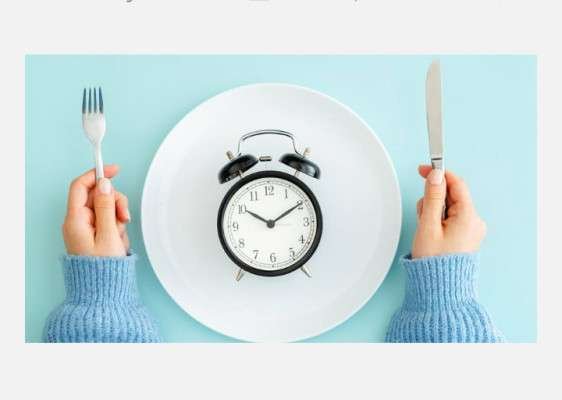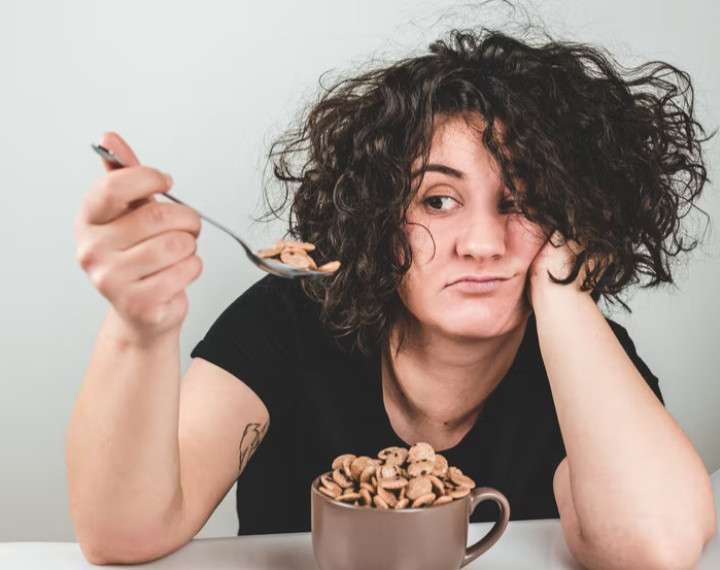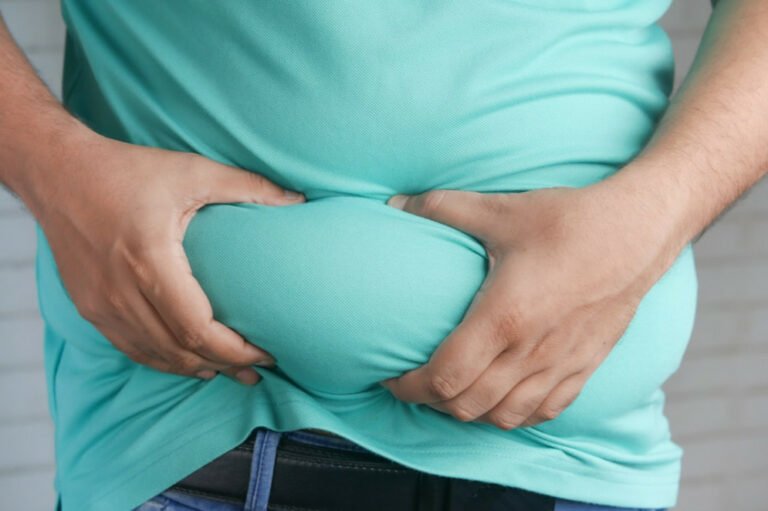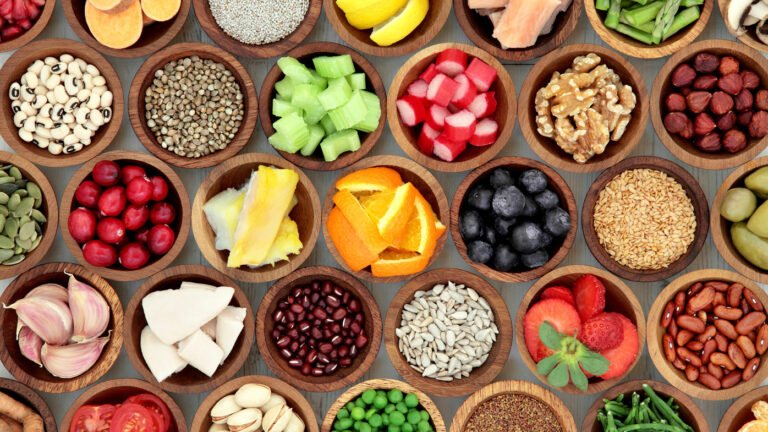Emotional Eating – Burying Stress and Anxiety with Food
Do you eat to feel better or relieve stress? Do you use food as a coping mechanism? For example, you find yourself eating everything in sight. You try to fill an emotional need by filling your stomach. In your mind’s eye, food becomes a way to cope with pain. Unfortunately, emotional eating doesn’t fix emotional problems.
In fact, emotional eating can have the opposite effects. It sabotages your weight-loss efforts. Also, you start craving high-calorie, sweet and fatty foods. The good news is that you can regain control of your emotional eating habits over time.
Understanding Eating Away Stress
Do you eat up everything in sight? Have no fear. Help is on the way. First, understand what is happening. This behavior causes you to suppress negative emotions by stuffing yourself with food. The more stress you encounter, the more food you eat. Major life events sometimes trigger negative emotions that leads you to self-destruct with food. These triggers include:
- Bitterness and anger
- Major life events
- Fatigue
- Health problems
- Life and work stressors
- Financial hardship
- Sadness, loneliness
- Relationship or family conflict
Emotional Cravings
Emotional cravings is a tendency to respond to stressful and difficult feelings. These cravings will pop up at times when you are not physically hungry. Consequently, you will crave high-caloric or high-carbohydrate, low-nutritional foods. At any given time, these cravings can easily turn into binge eating. Also, these kinds of cravings are more common in women.
Binge Eating Disorder
BED is the most common eating disorder in the United States. Approximately, 3.5% of adult women, 2.0% of adult men, and 1.6% of adolescents struggle with binge eating. During a binge episode, an extreme amount of food is consumed. Oftentimes, a binger is not aware of what is being eaten and how it tastes. They feel powerless.
A binge mode is when a person feels out of control and is unable to stop eating. Despite feeling the need to stop, the binge continues. Even though they are devouring food, this does not mean they are hungry. Eventually, they will gorge to the point of feeling uncomfortably full, nauseated, or sick. Most emotional eaters are typically unhappy about their behavior. Moreover, they will eat alone in a private setting such as: 
- Bedroom
- Office
- Automobile
Causes of Binge Eating
The causes of binge eating are unknown. However, genetics, biological factors, long-term dieting, and psychological issues increase the risk. Although people of any age can suffer from BED, the condition is most prevalent in the late teen years to early 20s. In addition, a number of factors increase the risk of developing BED. Learn more about binge eating.
Genetics
People with BED have increased sensitivity to dopamine. This is a chemical in the brain responsible for feeling of reward and pleasure. Therefore, BED may be inherited.
Other Psychological Conditions
Almost 80% of people with BED have at least one other disorder such as phobias, depression, post-traumatic stress disorder (PTSD), anxiety or substance abuse.
Lack of Frontal Lobe Control
A lack of frontal lobe control leads to lack of impulse control. To counteract this condition, Biofeedback helps strengthen frontal lobes control, thus, reducing impulsive eating. Improving frontal lobes also improves coping with the urge to eat. There is a study that found that changes in brain structure causes the lack of control. Each individual will brain reaction is different.
Weight Problems Cause Binge Eating
Almost 50% of people with BED have obesity. Another 25-50% of patients undergoing bariatric surgery have BED. In fact, weight problems cause binge eating disorder. In summary, the onset of bingeing usually begins in childhood and increases in teenage years. Nine times out of ten, stress is one of the key factors of this disorder.
Situational stressors
Emotional stress can also develop from situational stresses. For example, the COVID-19 pandemic disrupted routines, which led to isolation and boredom. This created the ideal environment for emotional eating. When we are confined to our homes what else is there to do? We eat. The pandemic caused so much anxiety, stress and boredom. As a result, emotional eating cases has tripled. It has left a world of traumatized individuals, families and communities.
History of trauma
When people have a history of trauma, they often eat to comfort themselves. This their defense mechanism, if you will. In cases of gaslighting it is sometimes the only way to escape reality. As an end result, they are still to filled with internal emptiness. Food becomes a way to calm the anxiety and hypervigilance. In these cases, talk therapy is one of the better options. They specialized to help you to heal from:
- Abuse (physical, sexual, psychological)
- Loss of loved one
- Separation from family
- Childhood bullying
- Loss of job
Getting Back on Track
When negative emotions trigger emotional eating, you can take steps to control cravings. To help you overcome this behavior, here are a few tips.
Keep a Food Diary
Write down what you eat, how much you eat, and how you’re feeling when you eat. What is your level of hunger? Overtime, you will see patterns that reveal your connection between mood and food. 
Calm Your Stress
Stress is a big contributor to emotional eating. In fact, when you are in stress, you turn to food as a coping mechanism. Did you know that there are many ways to handle emotional cravings? For example, yoga, meditation or deep breathing are all effective stress management techniques.
Take Away Temptation
Don’t keep-hard-to-resist comfort food in your home. These temptations will trigger your appetite. And if you feel angry or blue, postpone your trip to the grocery store until your emotions subside.
Grab Healthy Snacks
When you feel the urge to eat between meals, choose a healthy snack, such as fresh fruit, vegetables with a low-fat dip, nuts or air popped. Another great snack is a lower calorie version of your favorite foods. They may be a quick way to satisfy your emotional cravings.
Learn from Setbacks
Don’t be too hard on yourself. If you get off track and have an episode of emotional eating, it’s not the end of the world. You can start fresh the next day. No worries. First, try to learn from the experience. Second, create a plan of action and figure out how you can prevent future EE flareups. 
Have a Reality Check
- First, ask yourself these questions
- Is my hunger physical or emotional?
- I ate just a few hours ago and don’t have a growling stomach
- Am I really hungry?
- Give cravings time to pass.
When to Seek Professional Help
Excessive cravings can snowball and cause psychological damage if left untreated. However, they good news is that you do not have to go it alone. You can seek professional help. Therapy can help you understand why you eat emotionally. Also, therapy helps you find out whether you actually have an eating disorder.
Final Thoughts
Emotional eating is not a standalone condition. It is triggered by stress, dieting and negative feelings. In fact, it is oftentimes related to body image, the availability of food or boredom. Furthermore, the causes are not fully known. More studies are being done every day. In terms of the causes of eating disorders, individuals may be genetically, environmentally or socially predisposed to this condition. No one is exempt.
Thank you for joining me on this emotional journey. I also hope you have found some value in this content. If you like this post, feel free to share it with friends. I also hope it brings more awareness about this topic. If you have questions or comments, please feel free to leave them in the comment section below. I will be glad to correspond with you at any time.
Rachele, Founder
website: mybluegenes.com
email: rachele@mybluegenes.com
Follow me on: Pinterest







Wow! This blog is amazing. Very interesting and insightful. Thank you Rachele
Amazing blog! Very intriguing and very insightful.
Gina,
Thank you so much for your comments. This gives positive energy to continue my journey.
This is a win-win for both of us.
I’ll be looking forward to more rich conversations with you.
Enjoy your day.
Rachele
Thanks Gina
I am glad it resonates with you.
You are a very deep thinker.
Rachele
Thanks, Gina.
Glad you enjoyed my blog. I am anticipating bringing more topics of this nature to the public.
Rachele
Hay, thanks for a very informative and interesting post on a very uncomfortable subject for some. I definitely have been and still can be an emotional eater. Eating to fill a void that has happened from some form of emotional issue in life.
i think a lot of people do this in some form. I’ve found now that I have better coping mechanisms than I used to. I also was a substance abuser so these two things can definitely tie in together. It’s a form of looking for an escape from the intense feelings you haven’t learned to cope with. Meditation, breathing techniques, and forms of exercise really help me now. I’ve done a lot of self development and self awareness. I hope others see this post and feel they can open up.
Thanks Tigan
Emotional eating is what most of us have experienced at some point in our lives; we may not even notice. And It’s true; it can hurt us more than anything else if it goes on for a long time. Education about emotional eating and how it affects our physical and mental health, relationships, and much more is vital. This post hit me so hard that we’re often wrong about the one eating a lot; they may not even be able to control it. So usually, demeaning ourselves for eating is going to make everything worse. The good news is that we can handle that and get back on track, mainly with the help of self-awareness, and therapy will help with that.
Wow Liam,
I really enjoyed hearing/ reading your perspective on emotional eating. It is not until we are educated about our relationship with food and become aware of our unhealthy eating habits that we can reverse this behavior. In the past, I was the poster child for emotional eating. Through counseling and working with a nutritionist, I no longer have the urge or cravings to self-medicate with food. It is such a relief. The good news is that small changes make a big difference.
Rachele
Have a wonderful Thanksgiving!
Tigan,
I really enjoy reading your comments. Everything you mentioned resonates with me. I experienced physical and emotional abuse early on in my life. This is probably why I found comfort in overeating. Food helped me navigate through hard times. My weight was like a protective barrier. We sometimes use food to self-medicate and as you say, we misuse food, other substances as an escape.
Congratulations that you have these effective coping mechanisms. Meditation, breathing techniques and physical activities has also been my go-to for the last few years. I have never been happier than I am now.
You are doing an amazing job in self-development and self-awareness. You go girl!
Have a wonderful, happy Thanksgiving!
Rachele
Your article helped me a lot, is there any more related content? Thanks!
Hi there, Registro,
Thanks for reaching out. Glad that you found my article Emotional Eating to be of interest. I’ll definitely bring more articles of this nature to you as soon as I can. Here is an article you may also like:https://origin-www.audible.com/pd/Overcome-Emotional-Eating-and-Stop-Cravings-Audiobook/B0CZRT4CYN?source_code=MSNPP30DTRIAL55003142490W1&&msclkid=73cae3a78c341fa9fbcd84b09969bcd8&gclid=73cae3a78c341fa9fbcd84b09969bcd8&gclsrc=3p.ds
Rachele
Registro,
Glad to be of help.
Rachele
Thanks for sharing. I read many of your blog posts, cool, your blog is very good.
Thank you.
Glad you find my blog posts useful.
Rachele